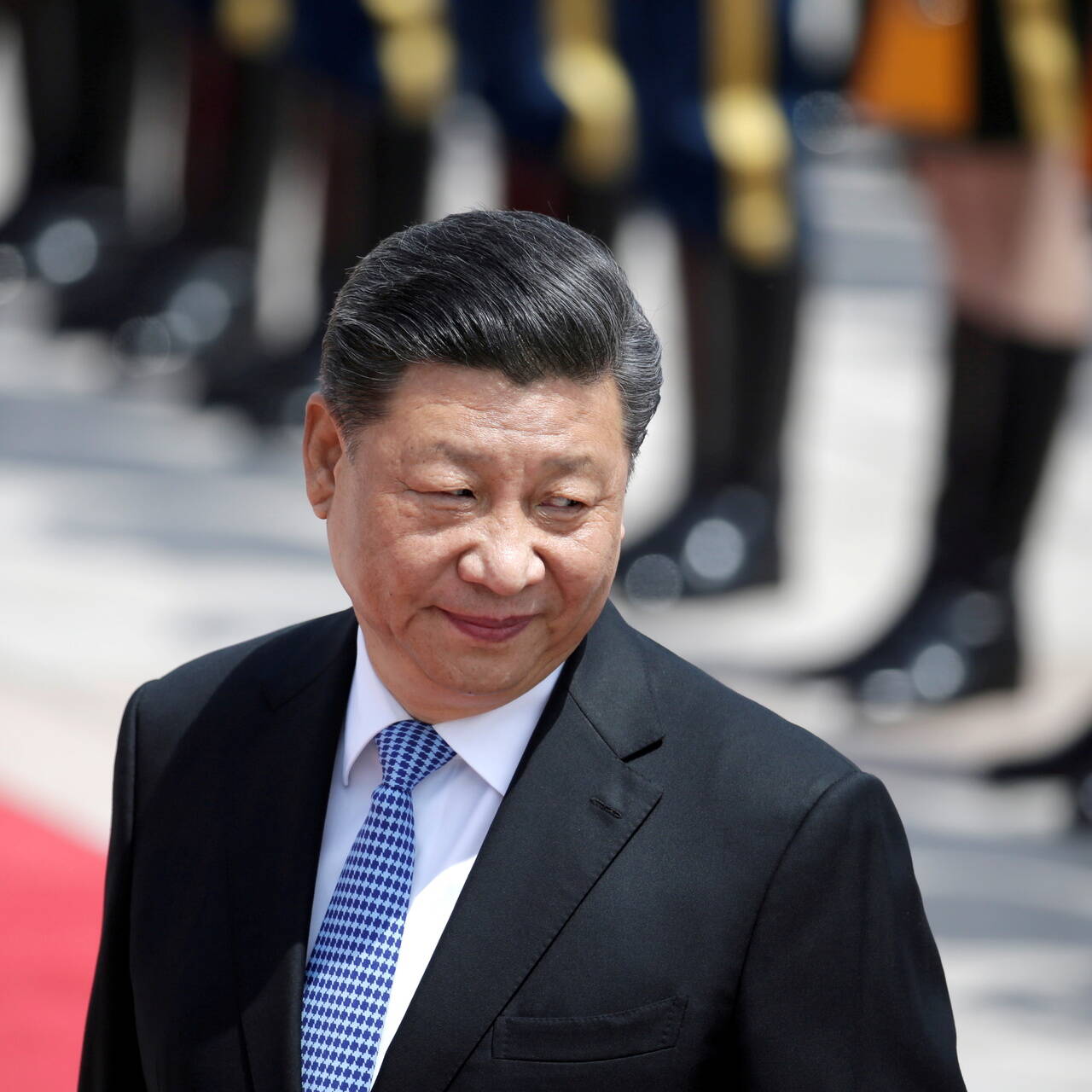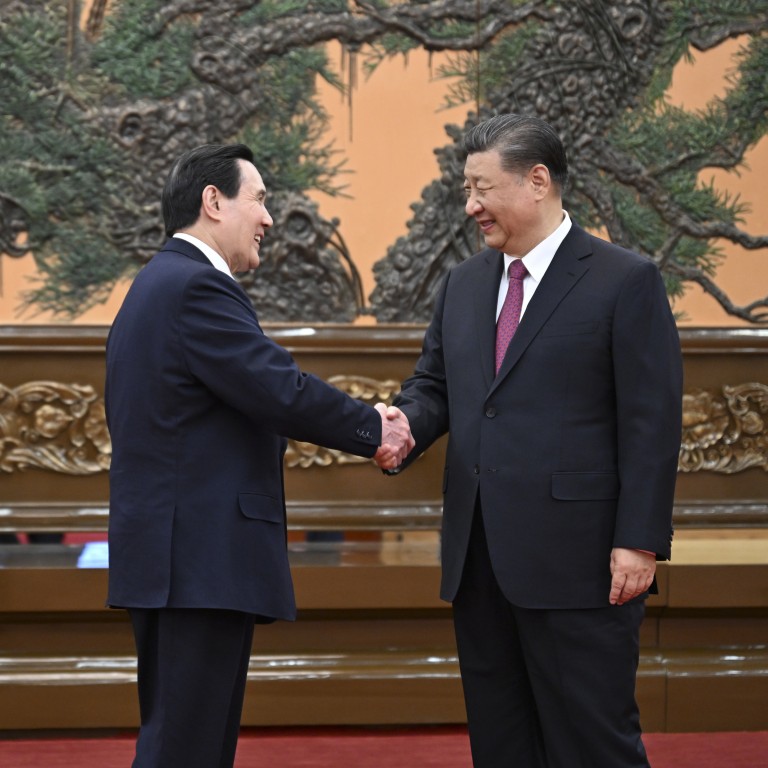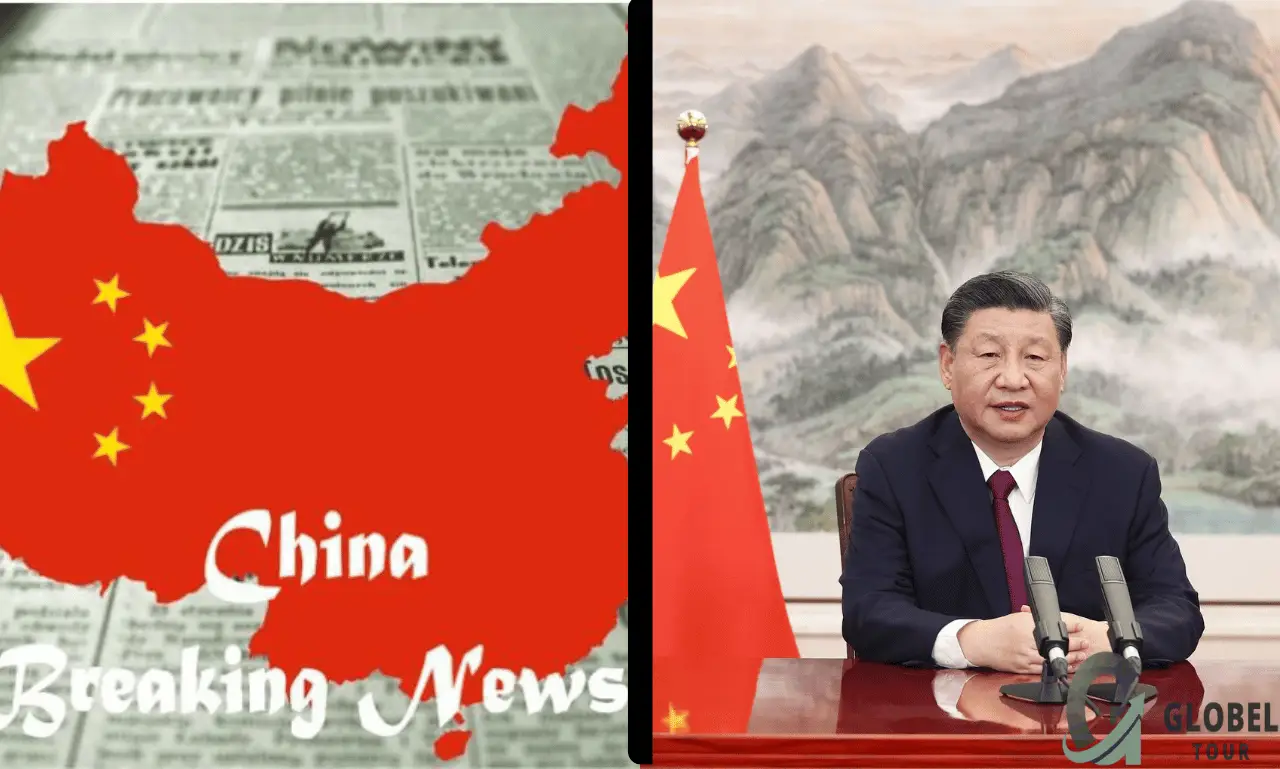NewsBreak China, one of the most influential and powerful countries in the world, continues to attract attention from global leaders, policymakers, and citizens alike. With a complex political system, rapidly growing economy, and increasing presence on the international stage, China is a country that never lacks in news and developments. In recent years, the term “NewsBreak China” has become synonymous with the constant flux of breaking news related to China’s domestic policies, economic movements, foreign relations, and technological advances. This article explores the many facets of China shaping global dynamics, providing insight into the critical events and trends that form the basis for “NewsBreak China.”
Introduction: Why NewsBreak China Matters

With more than 1.4 billion people, a diverse and ancient cultural heritage, and an increasingly sophisticated political and economic structure, China is a global powerhouse and a key driver of international change. As the world’s most populous country and the second-largest economy by nominal GDP, developments in China are significant for the Chinese population and the entire planet. News that comes out of China—whether it pertains to politics, business, technology, or global diplomacy—can have far-reaching consequences.
“NewsBreak China” is a term that reflects the rapidly evolving landscape of information coming from this country, encompassing political reforms, economic shifts, diplomatic moves, and major societal changes. With global attention often directed towards China, understanding the context and impact of these developments is crucial for anyone looking to grasp the complexities of contemporary geopolitics.
China’s Political Landscape: Power Consolidation and Policy Shifts
The Role of the Communist Party of China (CPC)
At the heart of China’s political system is the Communist Party of China (CPC), the only political party allowed to rule the country. Since its founding in 1921, the CPC has been central to the nation’s leadership. Under the leadership of figures like Mao Zedong and Deng Xiaoping, NewsBreak China underwent monumental changes, from revolutionary warfare to the economic reforms of the late 20th century.
Today, the Party remains the sole governing authority in NewsBreak China, and its grip on power has only tightened under President Xi Jinping. Xi, who took office in 2013, has been instrumental in consolidating power, eliminating political rivals, and establishing a more centralized system of governance. In 2018, term limits for the presidency were abolished, allowing Xi to extend his rule indefinitely.
This centralization of authority has led to significant policy shifts, including a crackdown on corruption, tighter internet controls, and increased surveillance of the population. Xi’s “Chinese Dream” ideology, which aims to restore China to its perceived former greatness, has also been central to his leadership style.
Shifting Political Priorities: Nationalism and Stability
Xi Jinping’s political tenure has been marked by a shift towards stronger nationalism. The concept of the “Chinese Dream” emphasizes national rejuvenation, promoting the idea that China is on a path to becoming the most influential country in the world. This vision has resonated with many Chinese citizens, especially as the country experiences continued economic growth and technological advancement.
However, this nationalism is also reflected in a more assertive foreign policy, as NewsBreak China seeks to expand its influence globally through initiatives like the Belt and Road Initiative (BRI). The BRI seeks to build infrastructure and foster economic development in countries across Asia, Africa, and Europe, and it is a cornerstone of China’s broader geopolitical strategy.
Domestically, China’s leadership focuses heavily on social stability. The government has invested in a vast surveillance state, where facial recognition technology, digital currency, and the monitoring of online activity are part of daily life. While some see this as an attempt to maintain control, others view it as an infringement on personal freedoms.
The Chinese Economy: Transitioning into the Future
Economic Growth and Global Dominance
Over the past four decades, China has transformed from a largely agrarian society into the world’s second-largest economy. This dramatic shift is largely due to economic reforms initiated by Deng Xiaoping in the late 1970s, which opened up NewsBreak China to market-oriented policies, foreign investment, and global trade. China’s manufacturing sector, in particular, has flourished, establishing the country as the world’s factory.
In recent years, NewsBreak China has become a leader in sectors like technology, renewable energy, and artificial intelligence (AI). Companies like Huawei, Tencent, and Alibaba are now global brands, challenging American tech giants like Apple, Google, and Amazon.
China’s rapid economic expansion has been complemented by its increasing economic influence on the world stage. The country is a critical trade partner for nations around the globe, and its Belt and Road Initiative (BRI) has further solidified its position as a key player in global infrastructure and development projects.
The Middle Class and Consumption
As a result of rapid urbanization and economic growth, China’s middle class has grown exponentially. By some estimates, NewsBreak China is home to over 400 million people in the middle class, and this demographic is poised to continue expanding in the coming decades.
This burgeoning middle class has become a significant driver of domestic consumption. With more disposable income, Chinese citizens are demanding higher-quality goods and services, leading to the growth of industries like luxury goods, entertainment, healthcare, and education. The rise of e-commerce giants such as Alibaba and JD.com is a testament to this consumption-driven boom.
However, there are challenges. NewsBreak China economy has become increasingly dependent on infrastructure investments, and the country faces rising levels of corporate and government debt. Additionally, demographic trends, such as an aging population and low birth rates, could pose significant obstacles to long-term economic growth.
Technological Advancements and Innovation
China’s technological rise is one of the most noteworthy developments of the past few decades. The country is now a leader in several key industries, from telecommunications to artificial intelligence and quantum computing. Companies like Huawei and ZTE are major players in the global 5G race, while tech companies such as Tencent and Baidu have revolutionized the digital landscape.
The Chinese government has also poured significant resources into advancing technology through initiatives such as “Made in China 2025,” which seeks to make China a global leader in advanced manufacturing, high-tech industries, and innovation. The focus on cutting-edge technologies, such as AI, robotics, and the Internet of Things (IoT), has placed NewsBreak China at the forefront of the next industrial revolution.
However, China’s technological ambitions have not come without controversy. The Chinese government has faced criticism for its surveillance technologies and concerns about data privacy. Additionally, the ongoing trade war with the United States and other Western nations has raised questions about intellectual property theft and cybersecurity threats associated with Chinese technology.

China’s Foreign Relations: Expanding Influence and Strategic Rivalries
The Belt and Road Initiative: China’s Global Strategy
One of China’s most ambitious foreign policy projects is the Belt and Road Initiative (BRI), launched by President Xi Jinping in 2013. The BRI is an infrastructure development strategy that aims to enhance connectivity and cooperation between Asia, Africa, and Europe. Through the construction of roads, railways, ports, and other infrastructure projects, China is positioning itself as a key economic player in a wide range of countries.
The BRI has had a significant impact on countries across the world, particularly in Asia, Africa, and Europe. However, the initiative has also faced criticism, with some countries accusing NewsBreak China of creating “debt traps” by offering loans that they are unable to repay. Critics argue that the BRI allows NewsBreak China to exert political leverage over these countries, furthering its influence.
Despite these concerns, the BRI remains a central element of China’s foreign policy, demonstrating the country’s willingness to expand its global reach and influence.
The South China Sea and Regional Tensions
China’s territorial claims in the South China Sea have been a source of tension with neighboring countries, including the Philippines, Vietnam, Malaysia, and Brunei. The region is crucial for international trade, and it is also believed to be rich in natural resources like oil and gas. China’s claim over the South China Sea, which includes artificial islands and military installations, has led to clashes with other nations that have competing claims.
The United States has conducted freedom of navigation operations in the region to challenge China’s territorial claims, further exacerbating tensions. The situation remains one of the most volatile flashpoints in global geopolitics.
U.S.-China Relations: Trade Wars and Global Rivalry
The relationship between the United States and China has been a defining feature of international politics in recent years. While the two nations have cooperated on issues like climate change and nuclear nonproliferation, they have also been locked in an ongoing trade war that has seen tariffs imposed on hundreds of billions of dollars worth of goods.
The trade war is just one aspect of the broader rivalry between the U.S. and China. As China continues to grow economically and militarily, the U.S. has expressed concerns about China’s rising influence and its challenge to the established global order. The technological sector has been another point of contention, particularly about cybersecurity, intellectual property theft, and competition in areas like 5G technology.
China’s Environmental Policy and Global Sustainability
As the world’s largest emitter of carbon dioxide, China plays a central role in the global fight against climate change. The Chinese government has pledged to achieve carbon neutrality by 2060, a goal that aligns with global efforts to reduce greenhouse gas emissions. To meet this goal, China has committed to expanding its renewable energy capacity, investing heavily in solar and wind energy projects, and reducing reliance on coal.
However, China’s environmental policies have faced scrutiny, particularly regarding the continued expansion of coal plants and the country’s role in global supply chains that produce carbon emissions. Still, China’s push towards sustainability is seen as a critical factor in the global transition to a low-carbon economy.
Conclusion: The Future of China and Global Implications
NewsBreak China’s rise over the past few decades has reshaped global politics, economics, and technology. As the country continues to evolve, it will undoubtedly remain a key player on the world stage. From its domestic policies to its foreign relations, China is a nation of complexity and contradictions, constantly in the headlines with “NewsBreak China” developments.
As the global community looks ahead, understanding China’s trajectory and the impact of its decisions will be crucial for policymakers, business leaders, and citizens around the world. Whether through economic growth, technological innovation, or foreign policy initiatives like the Belt and Road Initiative, China’s role in shaping the future of the world is undeniable. Its influence will continue to expand, and so too will the importance of staying informed on the latest “NewsBreak China” stories.




